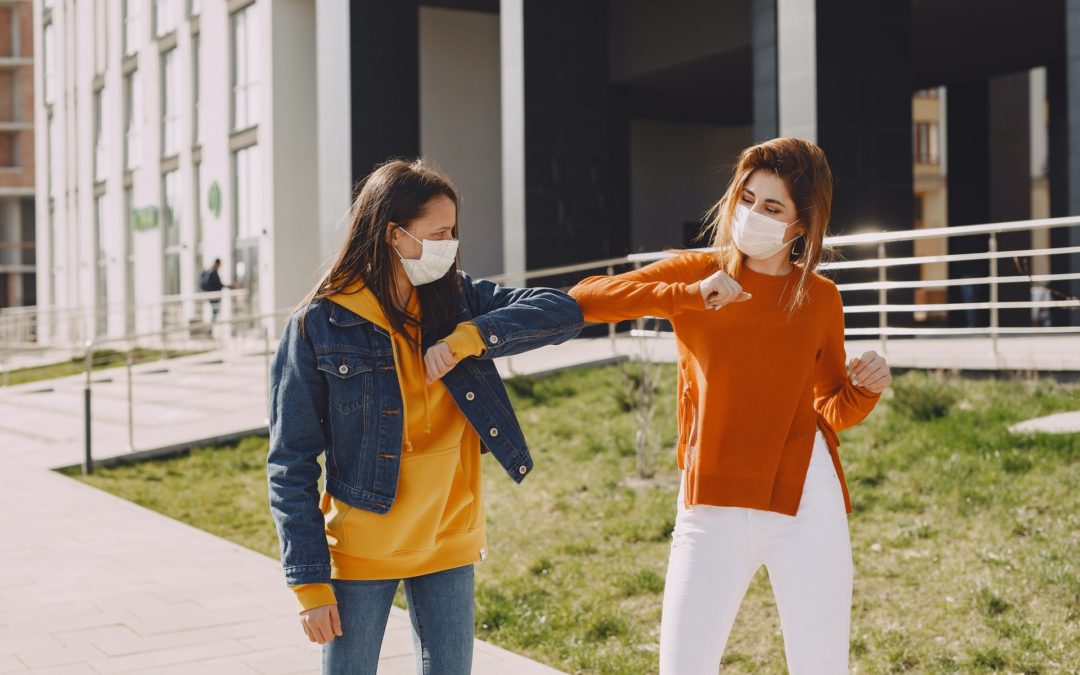Genome-wide association studies (GWASs) for depression—or studies that seek to identify genetic risk factors that predispose people to the disease—have been conducted widely over the years.
By identifying the specific genomic variations that drive depression, researchers hoped to develop new, more effective treatment methods and, one day, gain the capability to design personalized treatment plans that do away with the scattershot model of treating depression that is so often employed. The results of such studies have been promising, but remain far from offering a silver bullet solution. Depression, after all, is extraordinarily complex.
Exposure-wide association scans (ExWAS) are another, even more novel avenue of research that complements the GWAS investigations but explore a different facet of the disease. Instead of looking for genetic predispositions, this method looks for social and cultural drivers that provoke or deepen depression. The results of this ground-breaking approach to depression research are extraordinarily promising and specific. A team from the Massachusetts General Hospital (MGH) recently published a study in The American Journal of Psychiatry that, using the ExWAS method, pinpoints excessive screen-time, daytime napping, and a lack of social connection as primary causes of depression.
The good news here is that these are lifestyle elements that a person can modify without medical intervention. The bad news is that, while the team named social connection as the strongest protective factor for depression, the circumstances of the present make this particularly difficult to attain. After all, social distancing continues to be one of the most effective ways to rein in the Covid-19 pandemic.
How to Stay Connected While Social Distancing (and Without Upping Your Screen Time)
Digital platforms like Zoom and Skype are godsends in this era of remote work and restricted travel, but they aren’t without consequences. The MGH study cited above lists sedentary behavior (like sitting in front of your laptop) as an additional risk factor for depression. Onscreen connections lack the vitality of breakroom chats and, of course, staring into a backlit screen does no favors for your well-being. While logging in to such platforms is inevitable in most peoples’ daily lives—especially at the present moment—it is important to remember that old-school approaches to staying connected also work.
-
- Pick up the phone and call someone. Reach out to your grandchildren, old friends, or associates. Reminisce with that cousin you haven’t spoken to in ages or that bestie from high school whom you miss. Such interactions are life-giving, and not just for you. Chances are if you’re feeling isolated, so too are the people around you.
- Exercise outdoors with a friend or family member. While you’ve got a loved one on the line, why not suggest a socially-distanced walk in the woods or cycle around town?
- Grab a lawn chair and make use of your front yard. Chat up your neighbors as they garden; make small talk with the mail carrier; say hello to dog walkers and just generally aim to be a positive force of connection in your neighborhood.
- Organize a group activity in your apartment courtyard or local park. Were you a Pilates instructor in a former life? Did you sing in a youth choir? Now’s the time to dust off those old skills and share them your neighbors. A balcony sing-along or appropriately-spaced exercise class are great ways to move a little and gain some connection.
- Check in on your neighbors who live alone. From a safe distance, strike up a conversation with these folks at the same time each day or week. Ask if they need anything the next time you go shopping. Facilitating other’s need for social connection provides the double benefit of giving both of you a pick-me-up.
Nurturing social connections brings benefits beyond just reducing the risk of depressive episodes. A century of research demonstrates that social support boosts longevity by 50 percent. Nonetheless, building greater connection with your community is not a cure-all; many who suffer with depression fail to find relief from any sort of intervention. Luckily, methods continue to improve and even those suffering from treatment-resistant strains are finding relief from innovative treatments that go beyond those described in this article. If you’d like to hear more, don’t hesitate to reach out to our clinic!
Contact Vitalitas Denver


